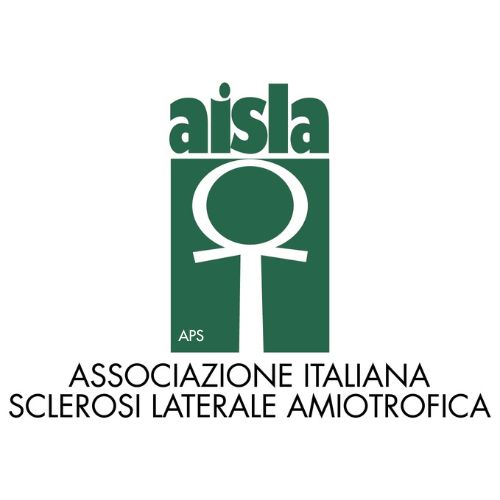
Fondazione AriSLA
Fundamental landmark
We are the main non-profit organization that funds and promotes the excellence of scientific research on ALS in Italy and we represent a fundamental landmark for the entire Italian scientific community interested in studying this disease, acting in our country as a catalyst and engine of research in this field.
Our Foundation was born in 2008 thanks to four excellent organizations in the philanthropic and scientific field, AISLA Aps Fondazione Cariplo, Fondazione Telethon ETS and Fondazione Vialli e Mauro per la Ricerca e lo Sport Onlus, who committed to create an organization solely dedicated to support the best scientific research on ALS.

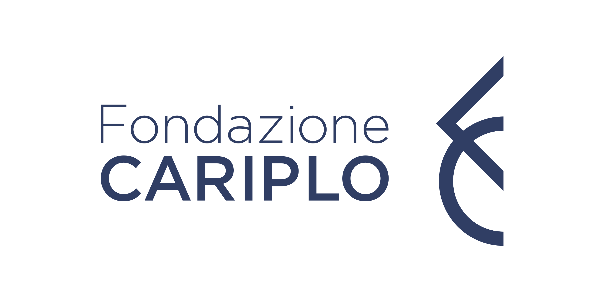
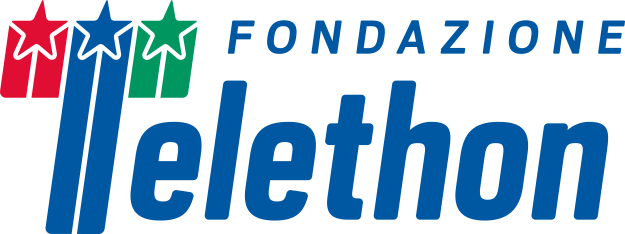
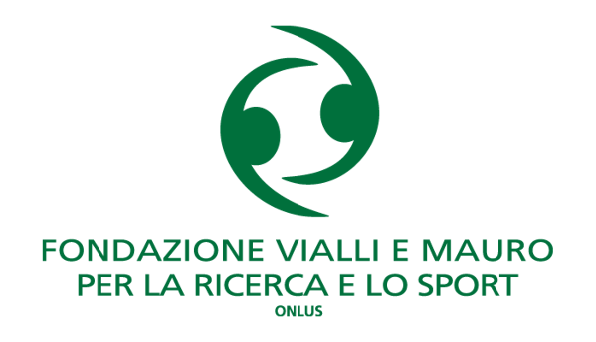
Our mission
Support, coordination and promotion of excellence in ALS research in Italy.
Support
Since 2009, we have launched 18 competitive calls addressed to researchers and clinicians operating in public or private non-profit institutions in Italy, to select the most promising and innovative projects.
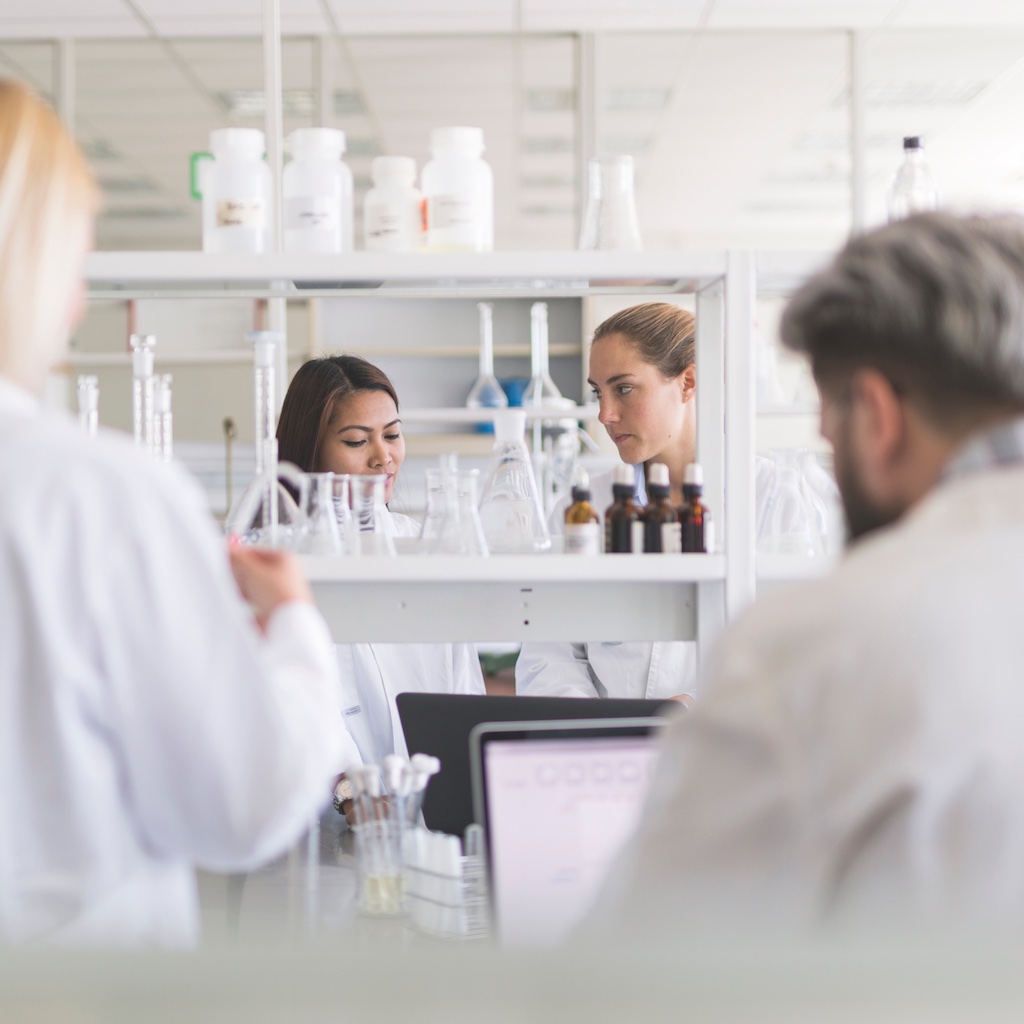

Coordination
We monitor funded projects to ensure good fund management and assess the impact of the investment. We promote the development of synergies among researchers, encouraging the growth of a critical mass of Italian research centers focused on ALS and supporting collaborations with the international scientific community.
Promotion
We disseminate the scientific results of the funded projects and provide constant updates on scientific progress at national and international level. We organize dissemination events, such as the annual scientific conference, webinars and seminars.
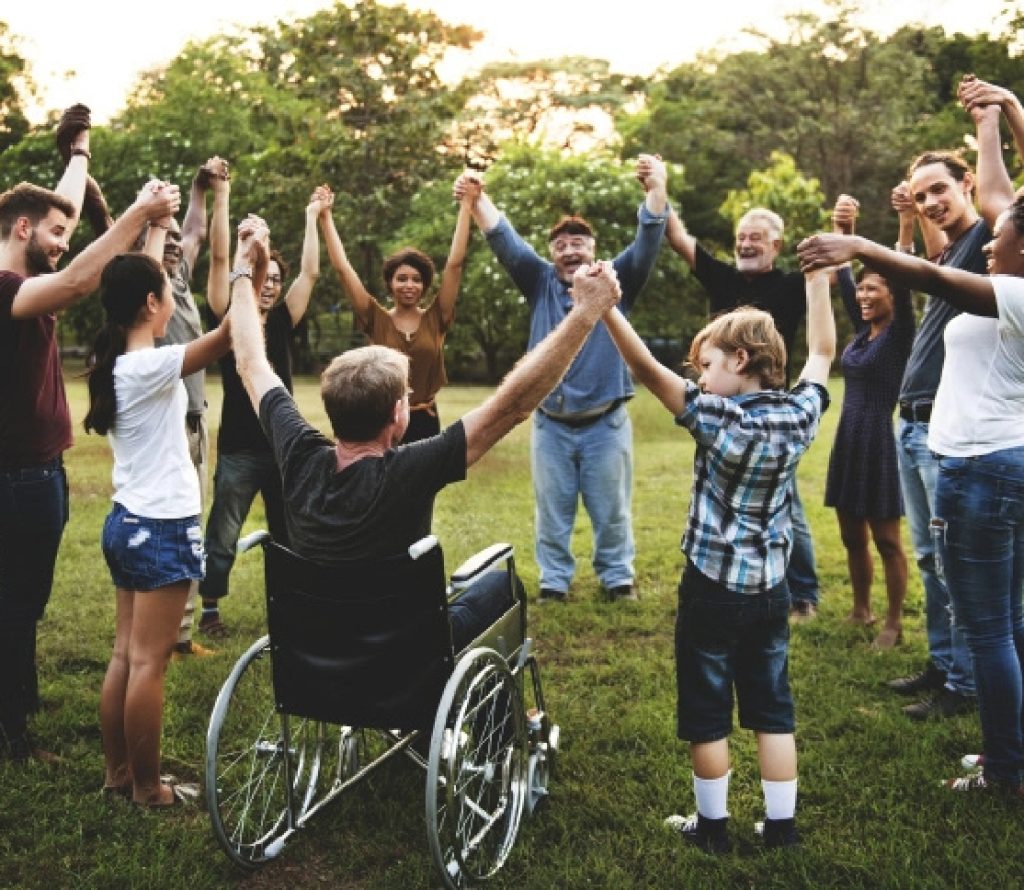
Strategic research plan 2023-2025
The AriSLA’s ‘Strategic Research Plan 2023-2025’, is a document in which we have described AriSLA’s research goals and priorities for the years 2023- 2025 to produce new scientific results with real impacts for people with ALS.
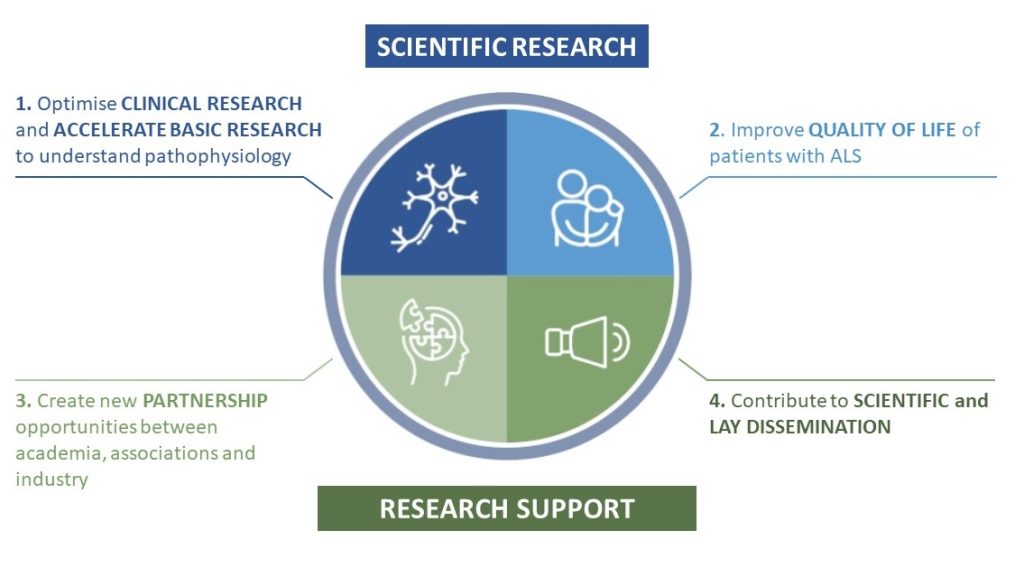
Organization
The institutional organs of the Foundation provided for by the Statute are the Board of Directors, the President, the Secretary General, the College of co-founders, the Scientific Advisory Board and the Board of Auditors.
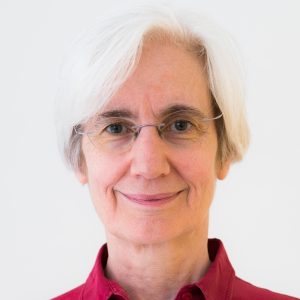 The current President of the AriSLA Foundation is Lucia Monaco.
The current President of the AriSLA Foundation is Lucia Monaco.
Dr. Monaco has been a board member of AriSLA since its foundation. She has extensive experience working in the field of rare diseases. She worked for over 20 years at the Telethon Foundation, where she held the roles of scientific director and head of the study centre. She also chaired the Assembly of the International Consortium for Rare Disease Research (IRDiRC). To learn more about Lucia Monaco, read her profile.
The Scientific Advisory Board consists of five members appointed by the Board of Directors, representatives of scientific research and international organizations dealing with ALS, that support the Foundation in identifying strategic priorities for research.
The current members of AriSLA’s Scientific Advisory Board are:
- Stanley H. Appel, Director, Ann Kimball & John W. Johnson Center for Cellular Therapeutics, Co-Director, Neurological Institute, Houston Methodist (Huston, TX, US), Professor of Neurology at Weill Cornell Medical College, (New York, NY, US).
- Lucie Bruijn, Therapeutic Area Lead, NIBR, Novartis (Basel, CH).
- Brian G.M. Dickie, Director of Research Development at The Motor Neurone Disease Association, (Northampton, UK).
- Piera Pasinelli, Director, Jefferson Weinberg ALS Center; F&J Weinberg Professor in Neuroscience at Thomas Jefferson University (Philadelphia, PA, US)
- David Taylor, Vice President, Research at ALS Society of Canada (Toronto, Ontario, Canada).
Our impact
Since 2009 we invest in scientific research on ALS:

INVESTMENT IN RESEARCH

PROJECTS FUNDED, INCLUDING 41 MULTI-CENTRES

RESEARCHERS INVOLVED

SCIENTIFIC PUBLICATIONS SINCE 2010
The peer-review evaluation process of project proposals
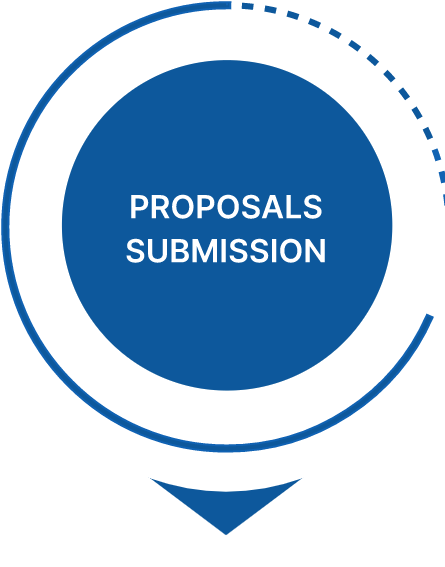
Researchers from Italian non-profit Universities and Research Institutes, either public or private send their project proposals.
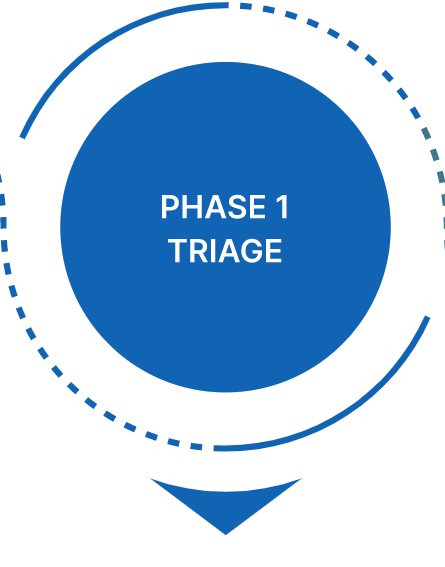
The triage project information of each proposal is and independently evaluated by 3 international reviewers.

The Full proposals with the best Triage score are remotely and independently evaluated by 3 international reviewers.
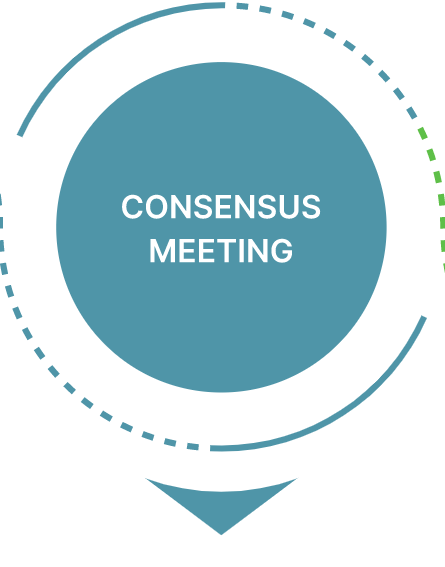
The group of reviewers involved in Phase 2 participates in a plenary discussion to select the projects to be funded.
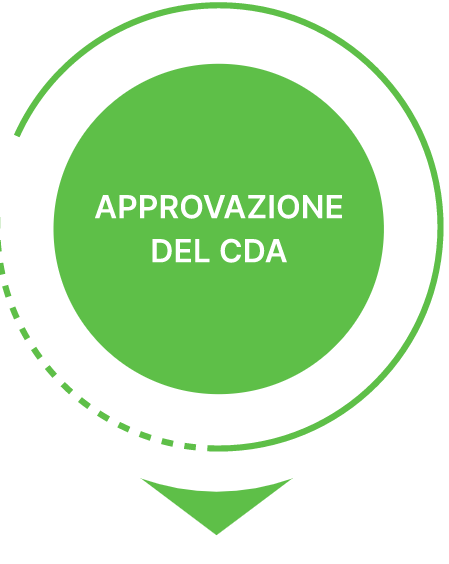
The Board of Directors accepts the reviewers’ suggestions and decides on the allocation of funds depending on availability of economic resources.
Type of funded grant
PILOT GRANT
Research projects with highly innovative and original hypotheses, with not available or preliminary data to be consolidated.
59 projects and 57 researchers funded for a total value of 3.4 million euros.
FULL GRANT
Research projects with a solid background and consistent preliminary data.
62 projects and 108 researchers funded for a total value of 14.42 million euros.
International Scientific Committee
For the selection of research proposals, we rely on the support of internationally recognized experts on ALS and motor neuron diseases, which represent AriSLA International Scientific Committee (ISC). The reviewers select the projects evaluating their quality, originality, innovation and feasibility.
Project selection
Since 2009, 148 researchers from Europe, United States, Canada and other countries have collaborated with the Foundation in the evaluation process of the research proposals. To minimize the risk of conflicts of interest, all these experts do not work in Italy.
Members of the ISC are required to ensure no conflict of interest with any project proposal received and to maintain confidentiality regarding all information received.
Geographical distribution of members of the AriSLA International Scientific Committee (2009-2022)
List of members of the ISC 2025 of the AriSLA Foundation
- Pavle R Andjus, University of Belgrade, Serbia
- Séverine Boillée, Sorbonne Université, Institut du Cerveau, France
- Robert Chen, Krembil Research Institute (Krembil) University Health Network, Canada
- Albrecht M Clement, Joannes Gutemberg, University of Mainz, Germany
- Johnatan Cooper-Knock, University of Sheffield, UK
- Sandrine Da Cruz, VIB-KU Leuven Center for Brain & Disease Research, Belgium
- Luc Dupuis, Université de Strasbourg, Inserm, France
- Allison D Ebert, Medical College of Wisconsin, WI, USA
- David Elliott, Newcastle University Biosciences Institute, The International Centre for Life, UK
- Jonathan Glass, Emory University , GA, USA
- Linda Greensmith, University College London, UK
- Jenna Gregory, Institute of Medical Sciences (IMS), University of Aberdeen, UK
- Eva Hedlund, Stockholm University, Sweden
- Christopher Henstridge, University of Dundee, UK
- Thomas G. Hofmann, University Medicine Mainz, Germany
- Caroline Ingre, Karolinska Institutet, Sweden
- Sebastian Kadener, Rosenstiel Basic Medical Sciences Research Center, MA, USA
- Janine Kirby Sheffield, Institute for Translational Neuroscience, University of Sheffield, UK
- Andràs Lakatos, University of Cambridge, UK
- Paul Lingor, University Medicine Göttingen, Germany
- Dorothée Lulé, University and rehabilitation clinics Ulm, Germany
- Nicholas Maragakis, ALS Center for Cell Therapy and Regeneration Research, The Johns Hopkins Hospital, MD, USA
- Udai Pandey, University of Pittsburgh, PA, USA
- Jeroen Pasterkamp, University Medical Center Utrecht, Netherlands
- Leonard Petrucelli, Mayo Clinic, FL, USA
- Richard Robitaille, Centre Interdisciplinaire de Recherche sur le Cerveau et l’apprentissage, Canada
- Marc-David Ruepp, UK Dementia Research Institute, UK
- Michael Sendtner, Institute for Clinical Neurobiology, University of Würzburg, Germany
- Andrea Serio, UK Dementia Research Institute, UK
- Ludo Van Den Bosch, VIB-KU Leuven Center for Brain & Disease Research, Belgium
- Anthony R. White, Berghofer Medical Research Institute, Royal Brisbane Hospital QLD, Australia